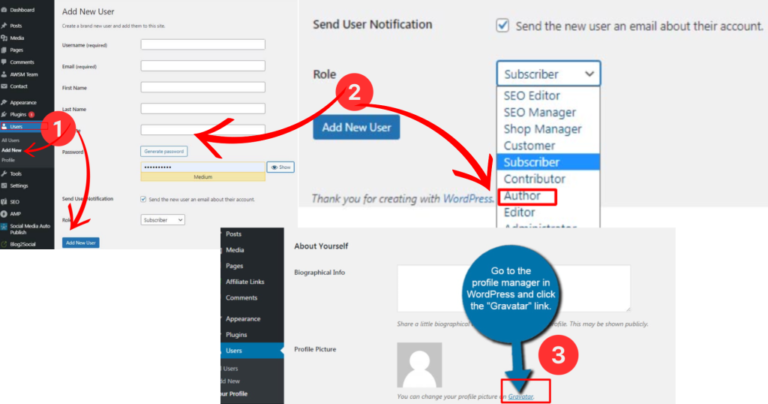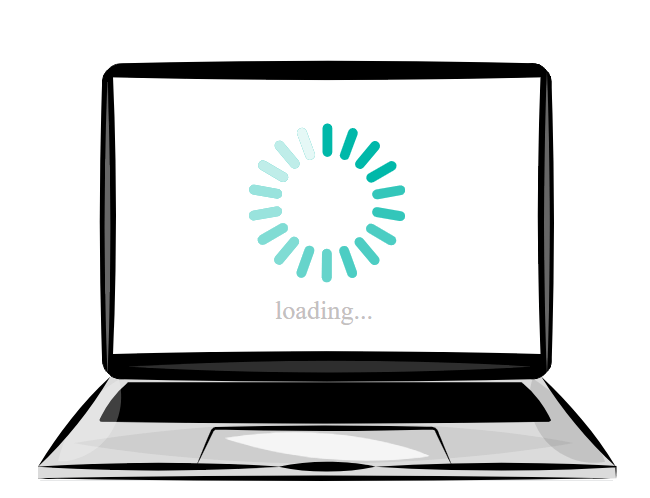Are you a WordPress user looking to enhance the security of your website? Look no further!
In this article, we will explore the importance of securing WordPress themes and plugins with PHP security best practices. By following these tips, you can protect your site from potential vulnerabilities and cyber attacks.
Learn how you can safeguard your website and ensure a safe online experience for your visitors.
Key Takeaways:
WordPress Security Best Practices
WordPress security is a crucial aspect of maintaining a safe and protected website against potential vulnerabilities, attacks, and malicious hackers.
By ensuring that plugins, themes, and core files are regularly updated, you not only benefit from new features and bug fixes but also protect your site from known security vulnerabilities that hackers often exploit. Installing an SSL certificate adds an extra layer of encryption, safeguarding sensitive data transmitted between your site and its visitors, reducing the risk of interception or data breaches. Incorporating a reliable security plugin can fortify your defenses by actively scanning for malware, enforcing strong password policies, and monitoring for suspicious activities.
Plugin and Theme Management
Effective management of WordPress plugins and themes is essential for ensuring the security and performance of your website.
Regarding website security, staying vigilant about updates, security patches, and version compatibility is crucial. By keeping your plugins and themes up-to-date, you not only ensure that your website functions smoothly but also protect it from potential vulnerabilities that hackers could exploit.
Regularly updating these software components is like fortifying your website’s defenses, reducing the risk of cyberattacks or data breaches. It’s imperative to understand that outdated plugins and themes can serve as weak points, leaving your website susceptible to security breaches and malicious attacks.
SSL Certificate Implementation
Implementing an SSL certificate on your WordPress site is paramount for establishing a secure and encrypted connection between your server and users’ browsers. SSL not only encrypts data transmissions but also boosts user trust and search engine rankings.
SSL encryption ensures that sensitive information, such as login credentials, payment details, and personal data, is protected from malicious interception by hackers.
Having an SSL certificate installed adds a layer of credibility to your website, as visitors see the padlock icon in the browser’s address bar, indicating a secure connection.
From an SEO perspective, search engines like Google prioritize websites that use SSL, which can positively impact your site’s visibility and ranking in search results.
Usage of Security Plugins
Leveraging security plugins specifically designed for WordPress can fortify your site against various cyber threats, malicious attacks, and unauthorized access attempts. These plugins offer features like firewall protection, malware scanning, and login authentication reinforcement.
One of the primary benefits of utilizing these security plugins is the continuous monitoring and protection they provide. The firewall protection feature acts as a shield, blocking any suspicious or harmful traffic attempting to access your website. This proactive measure significantly reduces the risk of a potential data breach or hacking incident.
The malware scanning capability of these plugins regularly scans your WordPress site for any signs of malicious software, ensuring that your website remains clean and secure. By detecting and removing malware promptly, you prevent the disruption of your site’s functionality and maintain your visitors’ trust.
The login authentication reinforcement feature enhances the security around user accounts, making it harder for unauthorized individuals to gain access. With measures such as two-factor authentication and login attempt limits, these plugins help prevent brute-force attacks and strengthen the overall security posture of your WordPress site.
Frequently Asked Questions
What are WordPress themes and plugins?
WordPress themes are templates that control the overall design and layout of a WordPress website, while plugins are software add-ons that provide additional functionality to the site.
Why is it important to secure WordPress themes and plugins?
Themes and plugins are common targets for hackers because they often have vulnerabilities that can be exploited to gain access to a website. Securing them is crucial to prevent potential attacks.
What are some PHP security best practices for securing WordPress themes and plugins?
Some PHP security best practices include using a secure server, keeping PHP and WordPress updated, using secure coding practices, and implementing proper user authentication and access control.
How can I secure my WordPress themes and plugins with PHP?
One way to secure your WordPress themes and plugins with PHP is by using a PHP security plugin that scans for vulnerabilities and provides protection against common attacks.
Are there any specific vulnerabilities that I should be aware of when securing WordPress themes and plugins with PHP?
Some common vulnerabilities in WordPress themes and plugins include SQL injection, cross-site scripting (XSS), and remote code execution (RCE). It is important to address these vulnerabilities when securing your site.
What other security measures should I take to protect my WordPress themes and plugins?
In addition to using PHP security best practices, it is important to regularly backup your website, limit access to sensitive files, and use strong and unique passwords for all user accounts.





![How to Hide a Page in WordPress [Step By Step Visual Guide]](https://codingheros.com/wp-content/uploads/2024/07/how-to-hide-a-page-in-wordpress-step-by-step-visual-guide-768x336.png)